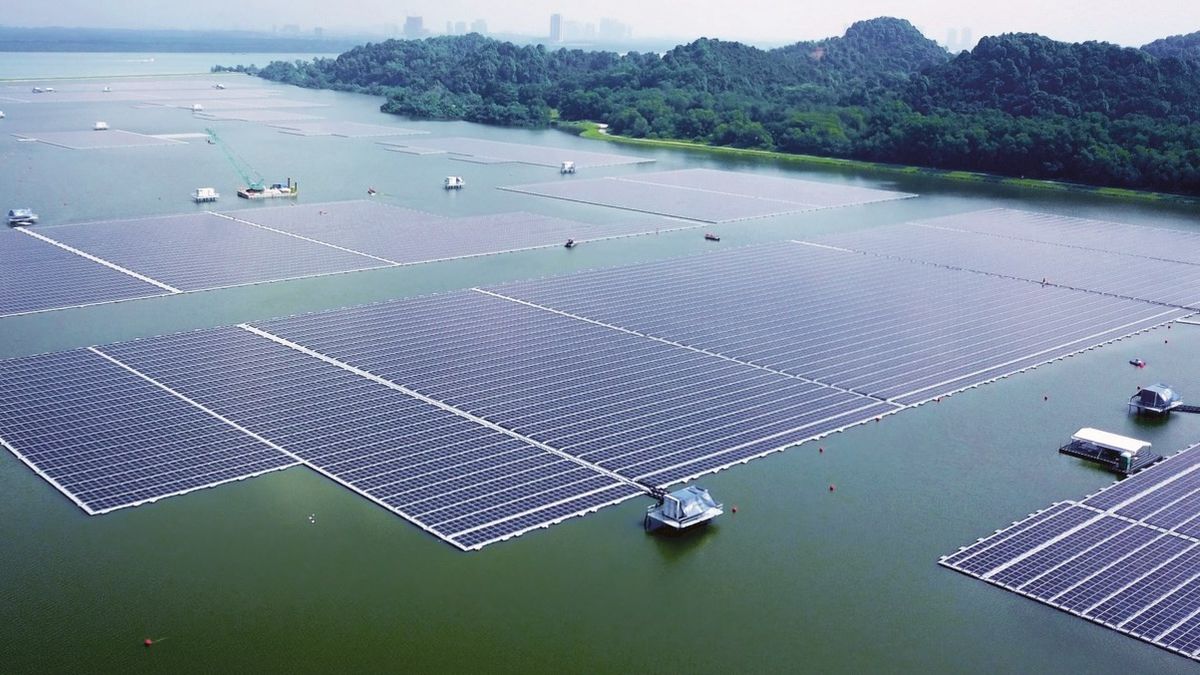Indonesia is increasingly positioning itself as a key energy player in Southeast Asia. One of the most promising developments is the plan for electricity export to Singapore, a move that could reshape the regional power market. As the government begins negotiations and sets up frameworks, private companies are showing growing interest in becoming part of this opportunity. The initiative not only reflects Indonesia’s energy potential but also the rising demand from Singapore for greener, more sustainable electricity sources.
This article explores the economic, political, and business dimensions of Indonesia electricity export to Singapore, the challenges involved, and the role private firms may play in this transformative project.
Singapore’s Rising Energy Needs
Singapore has long depended on imported natural gas for its electricity generation. With limited land and natural resources, the country faces challenges in deploying large-scale renewable energy domestically. As Singapore commits to reducing its carbon emissions and achieving its Green Plan 2030, diversifying energy sources has become a top priority.
This is where Indonesia enters the picture. With abundant renewable energy resources, from solar and wind to hydropower, Indonesia is well-positioned to supply electricity to its neighbor. The concept of Indonesia electricity export to Singapore has been discussed for several years, but recent policy changes and growing demand have accelerated momentum.
For Singapore, importing renewable electricity is not just about securing supply but also about meeting climate commitments. Its Energy Market Authority (EMA) has set a target to import up to four gigawatts of low-carbon electricity by 2035, representing around 30 percent of its projected demand. Indonesia’s role in achieving this target could be critical.
Opportunities For Indonesia’s Private Sector
Traditionally, Indonesia’s electricity industry has been dominated by state-owned utility PLN. However, the scale of the export opportunity to Singapore opens the door for private participation. Several independent power producers (IPPs) and renewable developers are already signaling their interest in becoming part of the ecosystem.
Private firms could play roles in financing, building, and operating renewable energy plants dedicated to export projects. The government has indicated openness to collaboration, as it seeks to balance national energy security with the benefits of regional trade. For Indonesian companies, the opportunity is significant: access to a premium export market, stronger partnerships with international investors, and the potential to accelerate renewable energy deployment domestically.
The prospect of Indonesia electricity export to Singapore could also attract foreign direct investment. International renewable energy firms may find opportunities to partner with local players, creating joint ventures that combine global expertise with local knowledge. This collaboration could enhance technology transfer, job creation, and infrastructure development in Indonesia.
Challenges And Regulatory Barriers
While the vision is promising, the path toward large-scale electricity exports is not without hurdles. One major concern is regulatory clarity. Indonesia must establish clear rules governing how electricity exports will be managed, who can participate, and how revenues will be shared between stakeholders. Without transparent regulations, investors may remain cautious.
Infrastructure is another challenge. Exporting electricity to Singapore requires significant investment in undersea transmission cables, power plants, and grid upgrades. These projects involve high capital costs and long development timelines. Both governments need to ensure that financing mechanisms, such as public-private partnerships (PPPs), are available to make the projects bankable.
Domestic energy security is also a sensitive issue. Critics argue that Indonesia should prioritize electrification and renewable deployment for its own population, especially as millions of people still face limited access to reliable power. Policymakers must strike a balance between domestic needs and export ambitions.
Finally, there are geopolitical considerations. Regional electricity trade involves not just bilateral agreements but also broader cooperation among ASEAN countries. Negotiations will need to align with regional frameworks to avoid disputes and ensure long-term stability.
Economic And Business Impacts
If successful, Indonesia electricity export to Singapore could deliver substantial economic benefits. Export revenues would support national income, while private companies could unlock new revenue streams. The ripple effect would extend across industries: from construction and engineering to technology and logistics.
Moreover, the project aligns with Indonesia’s energy transition agenda. By scaling up renewable energy projects for export, the country could accelerate its progress toward the 23 percent renewable energy mix target by 2025 and beyond. At the same time, the demand from Singapore could create economies of scale, making renewable projects more financially viable.
From a business perspective, the electricity export market could become a catalyst for innovation. Energy storage, smart grids, and digital solutions may all gain traction as Indonesia adapts to meet export requirements. This could stimulate growth in the domestic tech ecosystem while attracting global investors.
The Road Ahead
Looking ahead, the success of Indonesia electricity export to Singapore will depend on collaboration between governments, private firms, and investors. Policymakers must provide clarity and incentives to attract private participation. Investors need confidence in long-term stability and fair returns. Companies must be ready to innovate and deliver high-quality projects.
For Singapore, the partnership represents a chance to diversify energy sources, meet climate commitments, and strengthen regional ties. For Indonesia, it is an opportunity to monetize its renewable resources, boost investment, and showcase leadership in Southeast Asia’s energy transition.
The initiative could mark a new era in regional energy cooperation, where electricity flows across borders as seamlessly as goods and services. If managed well, it will not only transform the energy market but also strengthen the broader economic relationship between the two nations.
Read More






 Wednesday, 04-03-26
Wednesday, 04-03-26







